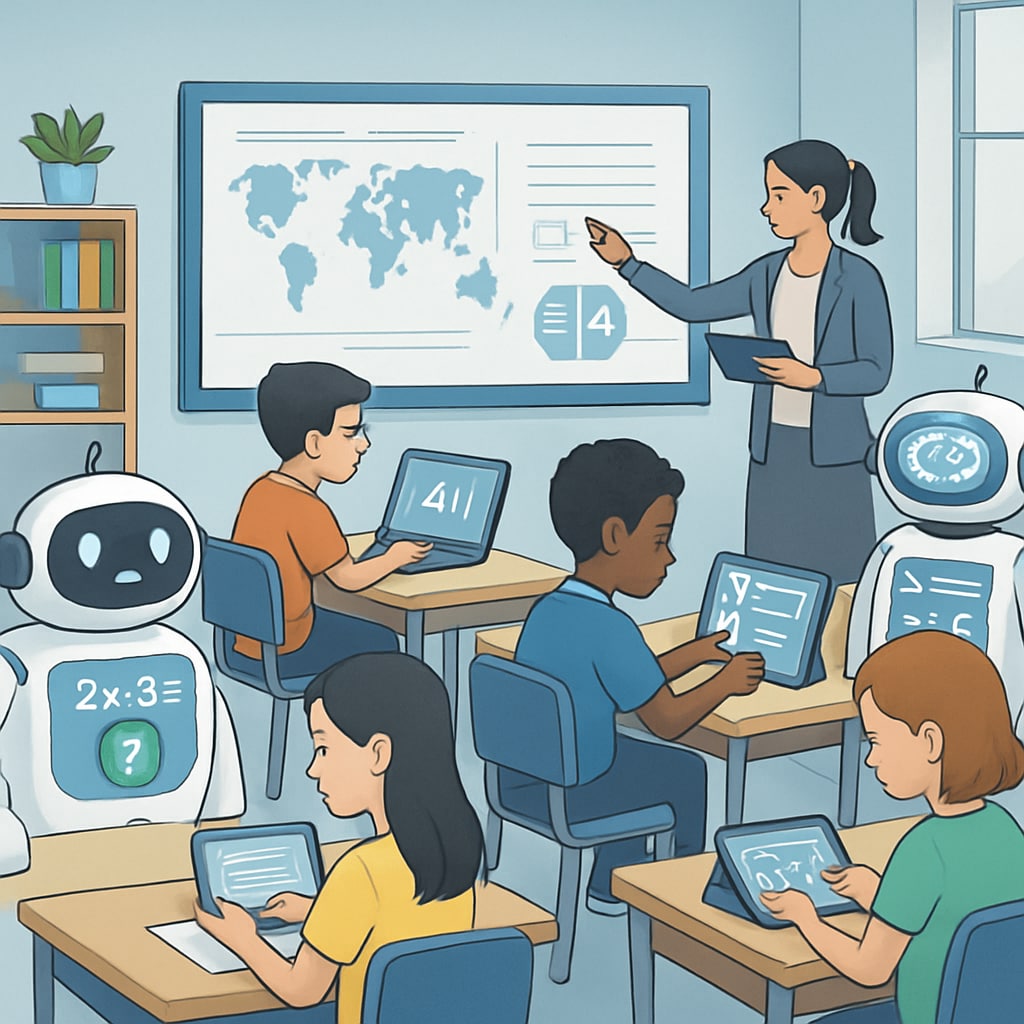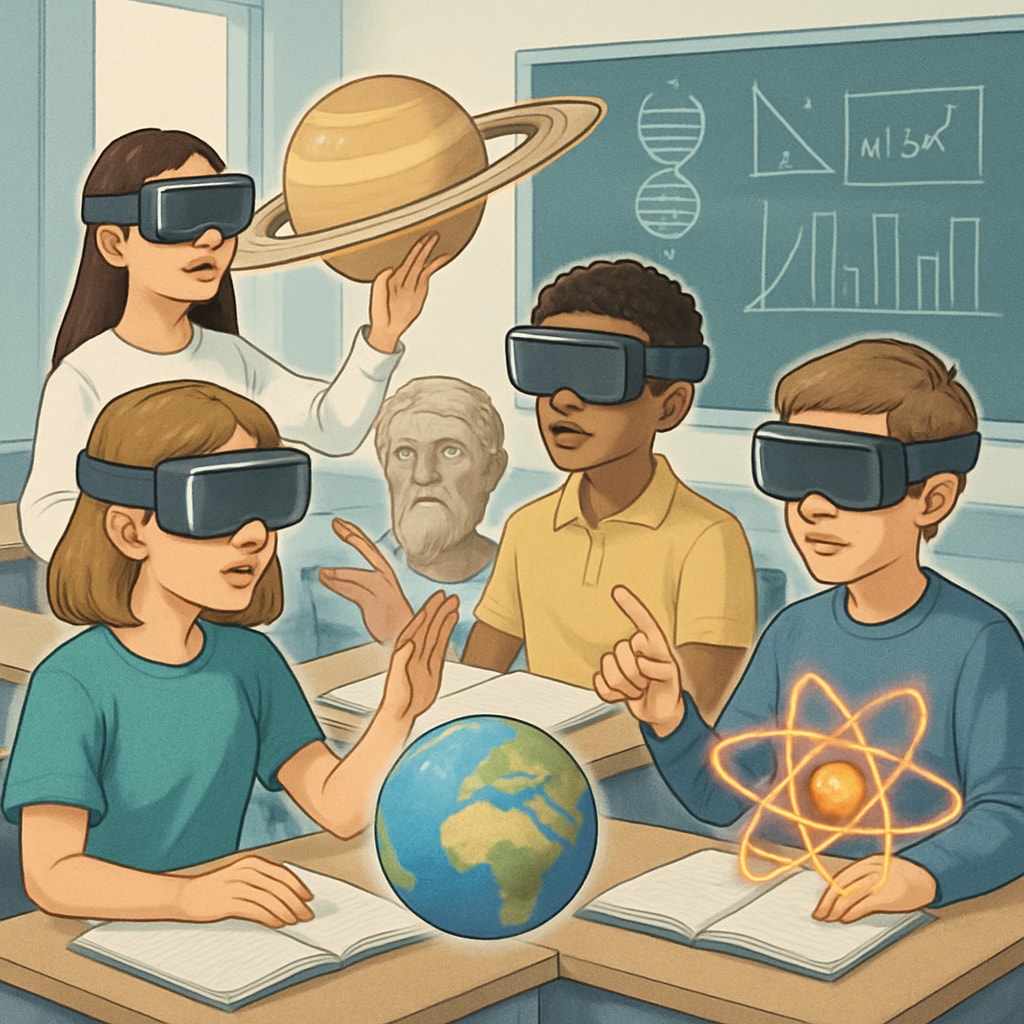Artificial intelligence in education is reshaping the future of K12 classrooms, revolutionizing how students learn, teachers teach, and assessments are conducted. From personalized learning to intelligent tools, AI-driven systems are creating tailored educational experiences that cater to individual student needs. This transformative trend is not only shaping the present but also paving the way for the evolution of education systems by 2030.
How Artificial Intelligence is Transforming K12 Education Today
AI has already made significant strides in K12 education, enabling personalized learning experiences that adapt to each student’s strengths and weaknesses. For example, platforms like adaptive learning software analyze student performance data to deliver customized content and exercises. This shift allows educators to focus on more strategic tasks, such as fostering creativity and critical thinking, rather than spending excessive time on repetitive teaching methods.

Additionally, intelligent assessment tools are providing real-time feedback, helping teachers identify gaps in understanding and adjust lesson plans dynamically. For instance, machine learning algorithms can evaluate open-ended responses, reducing the time taken for manual grading while maintaining accuracy. These innovations are setting the stage for more efficient and impactful education systems.
2030: The Intelligent Evolution of K12 Education
By 2030, AI is expected to play a central role in creating fully autonomous classroom environments. Virtual teaching assistants powered by natural language processing could facilitate student inquiries, while augmented reality (AR) tools might provide immersive learning experiences. Imagine a history lesson where students virtually explore ancient civilizations or a science class with interactive simulations of chemical reactions.

Moreover, AI could redefine how teachers approach their roles. With administrative tasks increasingly automated, educators can focus solely on mentoring and guiding students. AI-driven insights will also help schools identify broader trends in student performance, allowing for proactive curriculum adjustments and targeted interventions.
The Benefits and Challenges of AI-Driven Education
While the advantages of AI in education are compelling, there are challenges that must be addressed. On the positive side, AI democratizes access to quality education by providing scalable solutions for underserved regions. It also enables continuous learning and adaptation, ensuring students are prepared for a rapidly changing job market.
However, the dependence on AI tools raises concerns about data privacy, ethical considerations, and the potential loss of human touch in education. Schools and policymakers will need to collaborate to establish guidelines ensuring the responsible use of AI while preserving the essence of teaching as a human-centric activity.
Preparing for the AI-Driven Future of Education
- Investing in teacher training to integrate AI tools effectively.
- Developing policies to safeguard student data and uphold ethical AI practices.
- Encouraging interdisciplinary learning to prepare students for AI-driven industries.
- Promoting equal access to AI technologies to close learning disparities.
As a result, education systems must evolve alongside technology to ensure both students and teachers are empowered to thrive in AI-enhanced environments.
Artificial intelligence is undoubtedly shaping the future of K12 education. As we approach 2030, the integration of AI tools and systems will redefine classrooms, making learning more personalized, efficient, and engaging. While challenges remain, the opportunities for educational transformation far outweigh the risks, promising a brighter and smarter future for students worldwide.
Learn more about AI in education on Wikipedia
Explore AI fundamentals on Britannica


